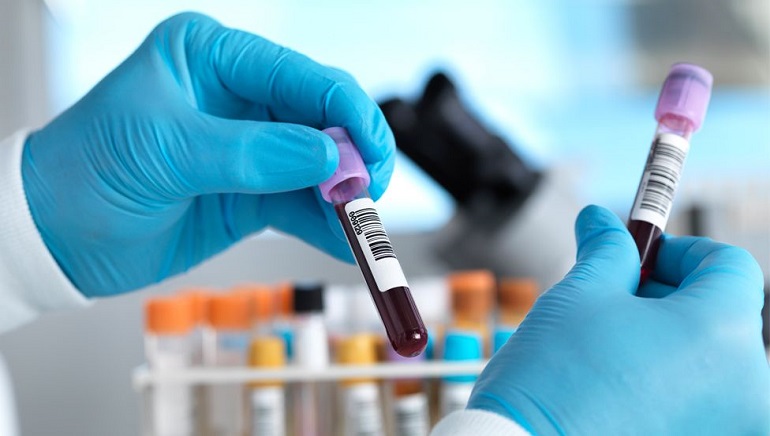Oncologists from the University of Oxford tested the Galleri blood test, which can detect 50 types of cancer. A product of US firm Grail, the test was tested in an NHS trial on more than 5,000 people. The experimental blood test will now be introduced to more people next year, said the UK’s National Health Service (NHS).
In the NHS trial, the test could correctly reveal two out of every three cancers among 5,000 people who had visited their doctors with suspected symptoms in England or Wales. It could also identify the original site of cancer in 85 percent of the positive cases. The test remains a work in progress, as it is not accurate enough to rule out cancer.
The test found that 75 percent of the subjects testing positive on the blood test were found to have cancer, and 2.5 percent of those testing negative were found to have cancer. More than 350 of those in the study – the biggest of its kind in patients with suspected cancer symptoms – were subsequently diagnosed with cancer, using traditional methods such as scans and biopsies.
The Galleri test works by looking for chemical changes in fragments of genetic code. i.e., cell-free DNA (cfDNA) that leaks from tumours into the bloodstream. Some cancer tumours are known to shed DNA into the blood much before a person begins to experience symptoms. The test does not detect all cancers, and so has not replaced NHS screening programmes for breast, cervical, bowel, and other cancers.















